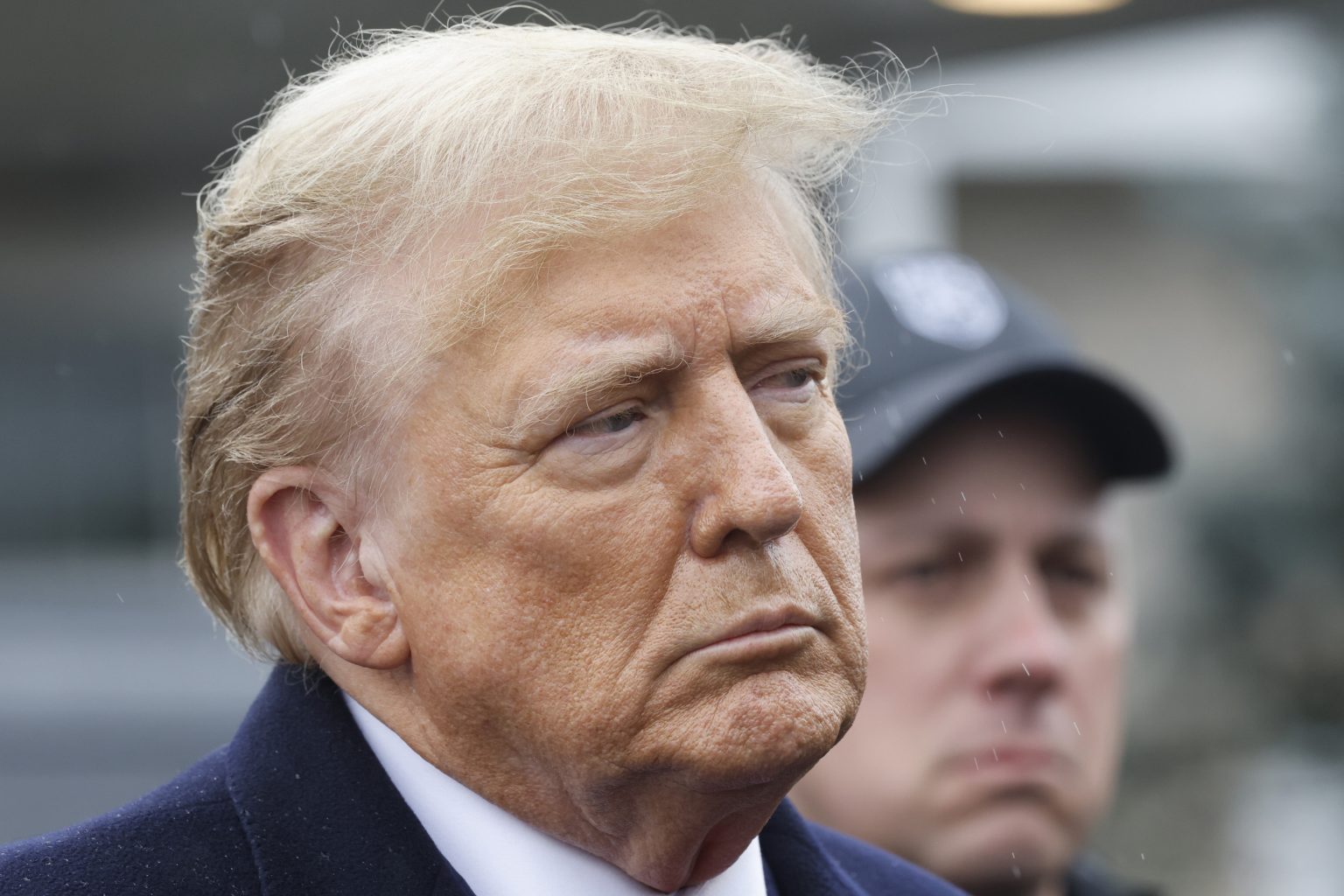Donald Trump’s legal team defended the former president’s online attacks against the daughter of New York State Supreme Court Justice Juan Merchan, arguing that they constituted criticism against the jurist. Trump had been raging against Merchan ever since the federal justice issued a gag order against him, limiting what he could say publicly about court staff and others involved in his 34-count criminal case in Manhattan. Trump specifically targeted Merchan’s daughter twice on his social media accounts, accusing the judge of bias due to his daughter’s affiliation with a Democratic political consulting firm.
One of Trump’s posts targeted an image shared by an X account allegedly run by Merchan’s daughter, Loren, showing a mock-up of the former president behind bars. However, the account was no longer linked to Loren Merchan and appeared to have been taken over by someone else. Despite this revelation, Trump’s legal team stood firm in their defense, arguing that the gag order violated Trump’s First Amendment rights and that the posts were a form of political speech criticizing the judge’s decision not to recuse himself from the case. Trump claimed that the legal challenges against him were a form of election interference and pleaded not guilty to all charges.
Trump’s communications director, Steven Cheung, also weighed in on the matter, stating that Merchan had a conflict of interest due to his daughter’s involvement in a consulting firm profiting from the legal challenges against Trump. Cheung called for Merchan to recuse himself to prevent the perceived bias from tainting the case. The district attorney’s office had requested clarification on whether Merchan’s order protected family members of the court and prosecutors from Trump’s attacks, arguing that the former president’s rhetoric posed a threat to the integrity of the case.
The filing from Trump’s legal team was in response to the district attorney’s request, defending the former president’s right to criticize the judge and his family. The defense reiterated that the posts were a form of political speech addressing the need for recusal and responding to media reports regarding Merchan’s daughter’s social media account. The defense argued that the issues at hand were relevant to the 2024 Presidential Election, further underlining Trump’s belief that the challenges against him were politically motivated and a form of interference.
Overall, the legal battle between Trump and Merchan highlighted the complexities surrounding freedom of speech, judicial impartiality, and the intersection of politics and the legal system. The arguments put forth by Trump’s legal team represented a defense of the former president’s right to express his opinions and criticize the judiciary, while the district attorney’s office raised concerns about the impact of Trump’s attacks on the integrity of the case. The ongoing feud underscored the challenges of navigating high-profile legal cases in a politically charged environment, where public statements and social media posts can have far-reaching consequences on the outcomes of court proceedings.


